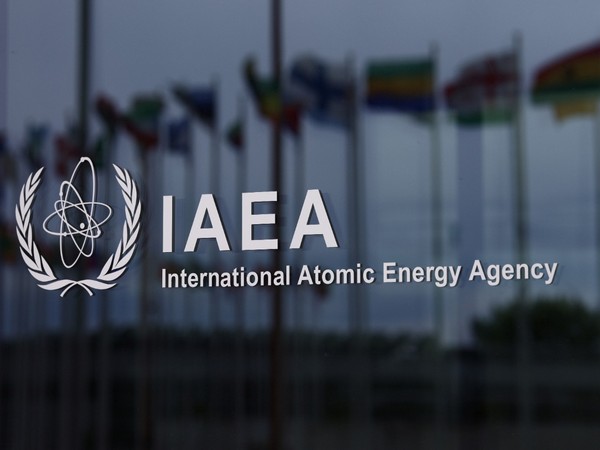Operating Experience Feedback helps to strengthen Research Reactors Safety
“Effective use of operating experience and the information in this publication will help research reactors’ operators and regulators to enhance safety regulations and oversight programmes,” Shokr highlighted.

The IAEA Incident Reporting System for Research Reactors (IRSRR) plays a key role in helping operators strengthen safety by enabling them to share operating experience from events, including root causes and lessons learned. With the recent publication of the Operating Experience from Events Reported to the IAEA Incident Reporting System to Research Reactors, TECDOC-1762 Rev.1, the research reactor community has gained another useful source of information.
“The 225 research reactors operating in 54 countries around the world are mainly used for research, education and training, and production of radioisotopes for medicine and industry," said Amgad Shokr, Head of the IAEA Research Reactor Safety Section. “This publication helps to improve the safety of research reactors in all stages of their lifetime, including design, construction, commissioning, and operation,” he adds.
The publication summarizes the operating experience from events occurred at research reactors, including root causes and lessons learned from them and how to implement corrective actions. This will further help designers, operators, and regulators to enhance nuclear safety.
“Effective use of operating experience and the information in this publication will help research reactors’ operators and regulators to enhance safety regulations and oversight programmes,” Shokr highlighted. “It also provides guidance on specific organization and technical measures not only to prevent incidents but also to enable and enhance adequate safety and operational performance of the research reactors.”
The summary of the operating experience from nearly 240 reports submitted to the IRSRR database to date will also be of interest to stakeholders in this field of technology and operation. It covers all organizational and technical topics that are important to safety of research reactors such as human factors, safety management, design, safety assessment, operation, and maintenance. It can also be used for planning and implementing research and development proposals aimed at continuous safety improvements during the entire life cycle of research reactors.
“Notably, our effort is to assist countries in the prioritisation of areas where further resources may be directed,” Shokr emphasised. “The operating experience in IRSRR can also give indications on which safety procedures or programmes further efforts are needed to ensure effective application of the relevant safety requirements.”
IAEA’s Incident Reporting System for Research Reactors (IRSRR)
The IRSRR, established in 1997, is a global forum that enables the international research reactor community to exchange operating experience, share and review information on lessons learned and share precise knowledge. It is administered and operated by the IAEA and is considered an important tool for international exchange of operating experience for research reactors.
To date, 62 countries are participating in this reporting system — representing almost all countries worldwide that are currently operating research reactors, as well as several countries planning their first research reactor project. Access to the information in the system is restricted to authorized national coordinators designated by Member States.
In addition to the dissemination of operating experience, the IAEA supports its Member States in continuously enhancing the safety of research reactors. This support includes developing safety standards and technical guidelines, conducting safety peer review and advisory services and organizing technical meetings, training courses and workshops.
- READ MORE ON:
- Amgad Shokr










